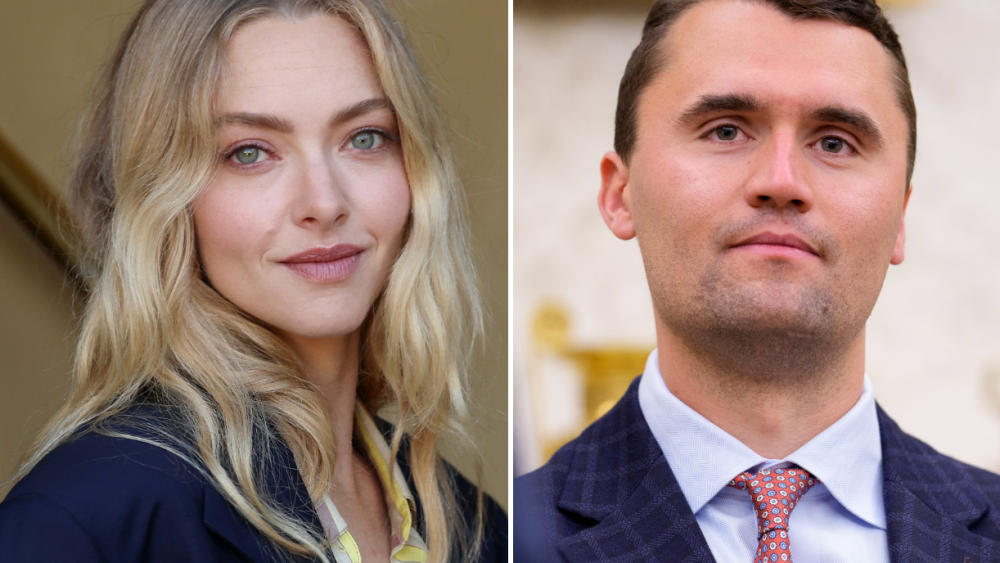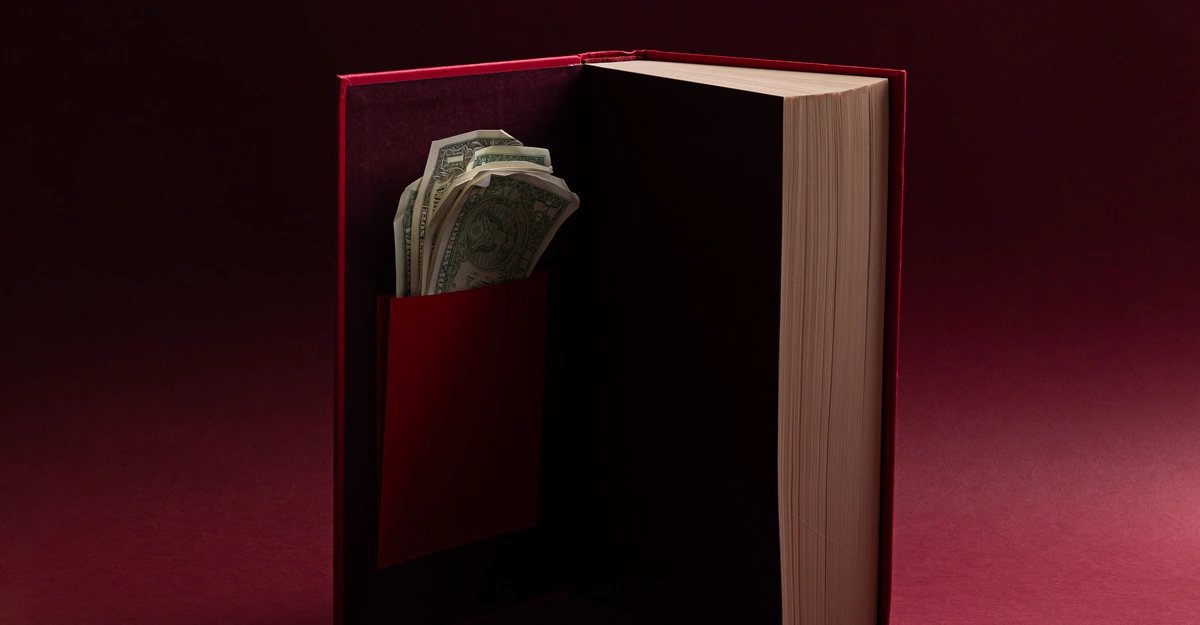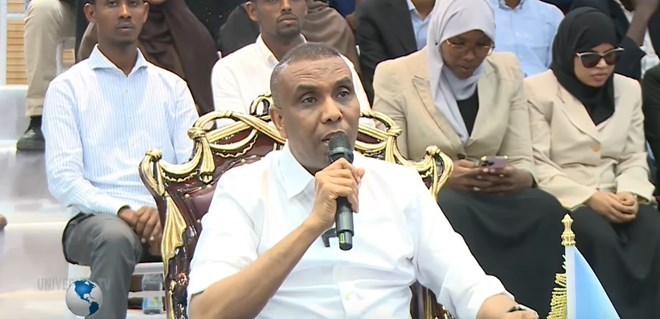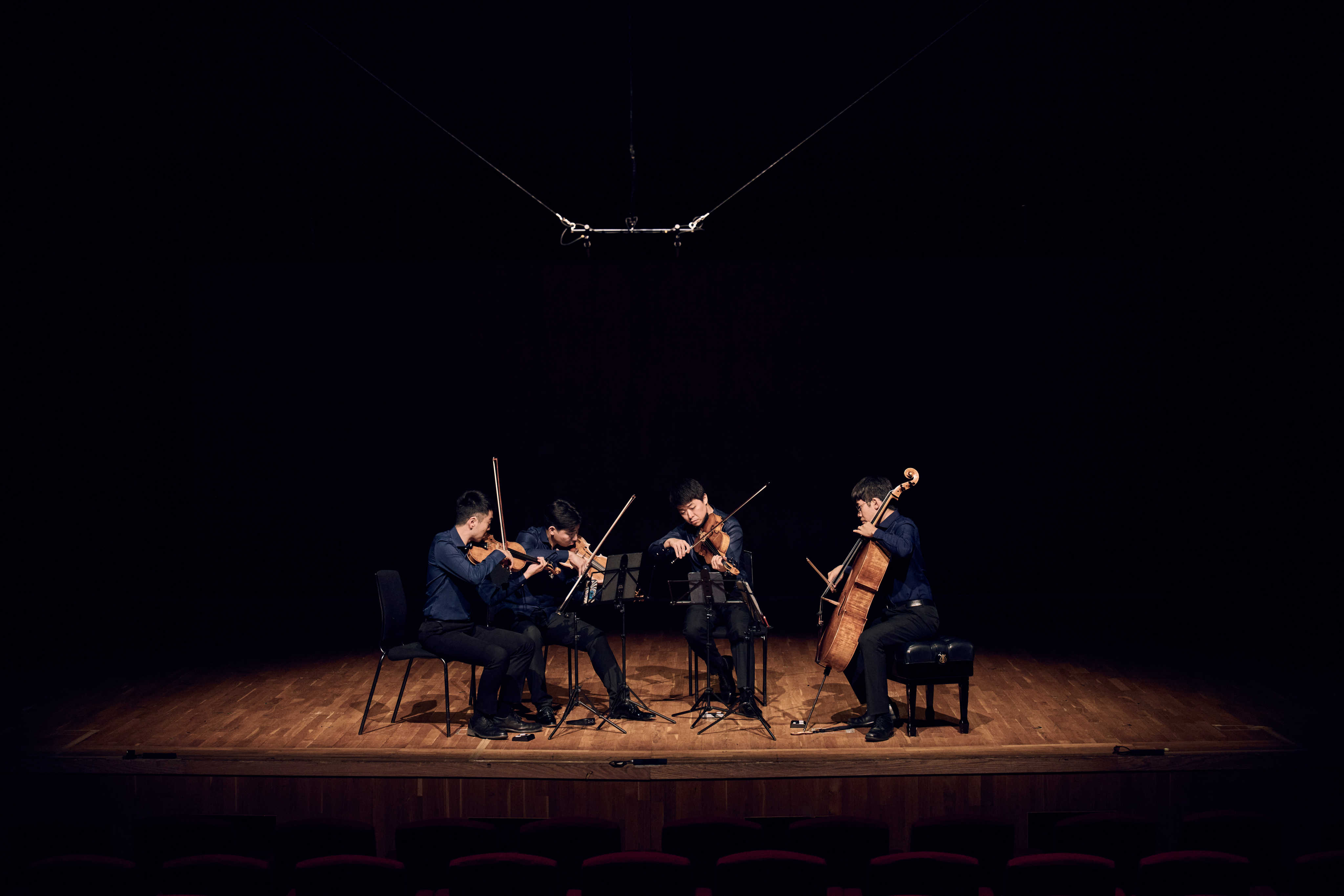By hanad
Copyright jowhar
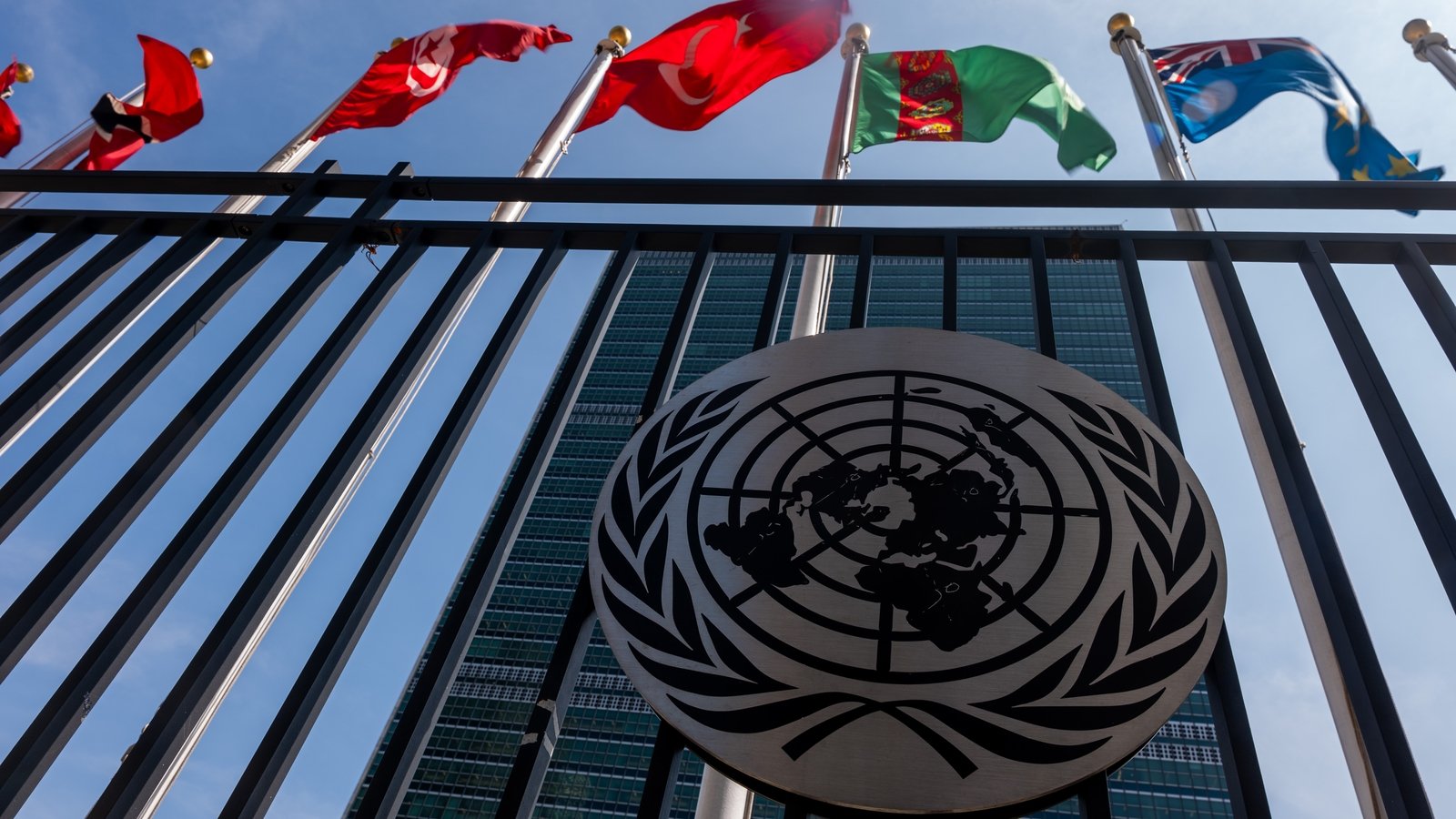
New York in a Tangle of Flags: The UN’s 80th Session Begins
The United Nations headquarters—its façade a mosaic of flags and a century of promises—has the electric hum of a city bracing for a storm. It is High-Level Week in New York, and diplomats pour into the glinting towers around the East River like a current that can’t be stopped: prime ministers, foreign ministers, civil society leaders, and—for a country the size of Ireland—an unmistakable, earnest delegation led by Taoiseach Micheál Martin and Tánaiste Simon Harris.
The world arrives in suits and scarves, in fatigues and embroidered shawls, with briefcases and petitions. Street vendors outside Dag Hammarskjöld Plaza sell coffee and falafel to late-night aides. Taxi drivers idly point at the white UN tower and say, “So many flags—someone’s always declaring something.” But this week the announcements feel heavier than the crisp breeze off the East River. War, recognition, and protocol are colliding under the same roof.
Airspace and Alarms: The Ukraine Conflict Takes Center Stage
On the first morning, the Security Council convened to discuss a jarring escalation: Russian fighter jets alleged to have violated Estonian airspace. That incursion, whether intended as intimidation or miscalculated bluster, has thrust the war in Ukraine back to the top of the global agenda.
“When a nation’s airspace is punctured, so is the sense of order that keeps smaller states secure,” said an Estonian diplomat as he stepped into the glassy atrium, buttoning his coat. “This isn’t just about borders on a map—it’s about trust.”
The Baltic states have long been on edge; NATO patrols and air policing missions are practically routine now. Still, the news of fighter jets over Estonia sharpened the tone in the council chamber. Short, tense exchanges followed—language about sovereignty, about deterrence, about the cost of complacency in an era of aerial brinksmanship.
Palestine and the Pivot of Recognition
If the Security Council debate sounded like one war’s long echo, an afternoon conference on the Israeli-Palestinian two-state solution felt like a different kind of reckoning: diplomatic recognition as both instrument and indictment.
Several European nations—including France, Belgium, Malta and Luxembourg—were set to move, formally recognizing the State of Palestine. Their decisions were part of a cascade, coming on the heels of declarations from the UK, Canada, Australia and Portugal just the day before.
“It is a moment of conscience for many countries,” an EU envoy told me in the corridor. “For some, recognition is a lever to push back toward negotiations; for others, it’s a moral correction. Either way, it’s a seismic diplomatic choice.”
Not everyone sees it that way. The United States and Israel have been blunt: they oppose these recognitions, arguing that they risk rewarding violence and undercutting prospects for direct negotiations. The blunt term being used by some Western officials—“a reward for terror”—echoed in the media rooms and on talk shows across the weekend.
Complicating matters further, the US State Department denied visas to a number of Palestinian delegates planning to travel to New York, citing national security reasons. Mahmoud Abbas, President of the Palestinian Authority, therefore addressed the conference via a pre-recorded video rather than in person—his voice traveling from Ramallah to every screen in the assembly chamber, the words arriving with the weight and distance of digital diplomacy.
Voices on the Ground: Protest, Prayer, and Quiet Heartbreak
Outside the UN, voices multiplied. On one corner a handful of protesters waved Palestinian flags and chanted for sovereignty. Across the street, students from a Brooklyn campus held a candlelight vigil for civilians in Gaza. A Palestinian grocer in Long Island, who asked only to be called Samir, wiped his hands on his apron and said, “Recognition is not an end. It’s a piece of dignity. But will it change the lives of the families I know? I hope so, but I fear it will be just the start of more arguments.”
At the Irish consulate, an aide spoke on condition of anonymity about strategy and solidarity. “Ireland has a history of championing self-determination,” she said. “This week is not about theatrics; it’s about where we stand when people’s futures are being negotiated elsewhere.”
On arrival in New York, Tánaiste Simon Harris delivered words that landed with discernible anger in the press scrum: he called it “outrageous” that the Palestinian Authority were not allowed to attend and warned that the visa denials set an “extraordinarily dangerous precedent.” Those words reverberated beyond the Irish delegation; they were picked up by NGOs and human rights commentators who see access to international forums as fundamental to representation.
Who’s Recognized Palestine—and Why It Matters
The question of recognition is both legal and symbolic. Roughly 193 UN member states exist, and by some counts more than 130 of them have already recognized the State of Palestine in some form. Recognition does not automatically redraw borders. But it does confer diplomatic standing, open doors at international bodies, and change the politics of negotiation.
One Middle East analyst in the green room summarized it plainly: “Recognition is a lever. It changes incentives. Whether it leads to peace or polarization depends on how wisely it’s used—and how willing parties are to come back to the negotiating table.”
After the Speeches: What Comes Next?
Diplomacy is often a slow-brewing tea rather than a flash of lightning. This week’s moves are no different: they will be dissected, litigated, and memorialized in press releases and angry columns. Some countries will celebrate; others will denounce. But beneath the headlines is a human calculus—families displaced, governments scrambling logistics and visas, and communities wondering whether the international system can still be a place for moral arbitration.
As you read this from wherever you are, ask yourself: what do we expect of global institutions in moments like this? Do we want them to be reactive—responding to crises only when they become too loud to ignore—or proactive, shaping the conditions for peace before violence erupts?
There are no easy answers. Yet on the pavements of New York, among the flags and the flurry, two things are clear: people want dignity, and nations are choosing whether to give it to them in formal ways. Whether that will make war less likely—or merely more complicated—remains the question the UN will wrestle with this week.
So we watch. We listen. We argue. And amid the bustle of diplomatic ritual, ordinary lives continue to tilt on the outcome.
